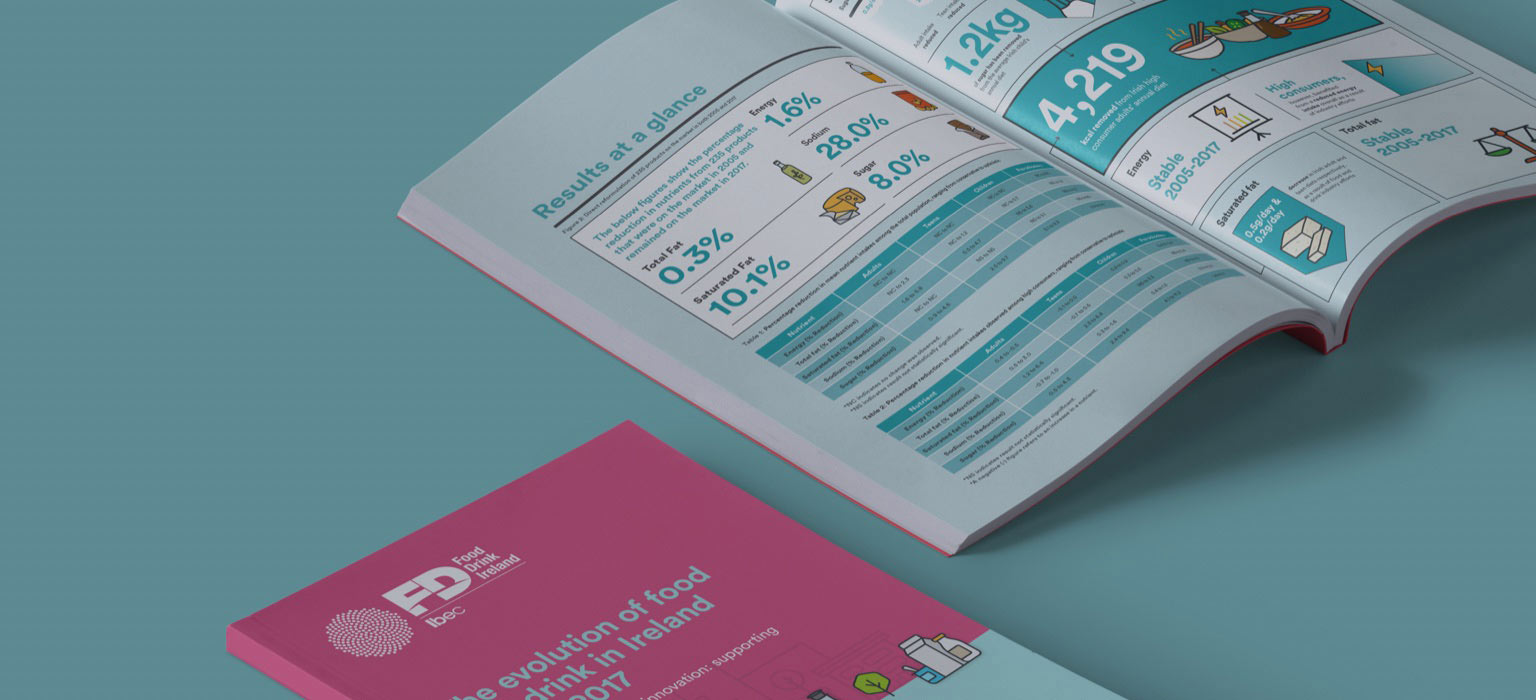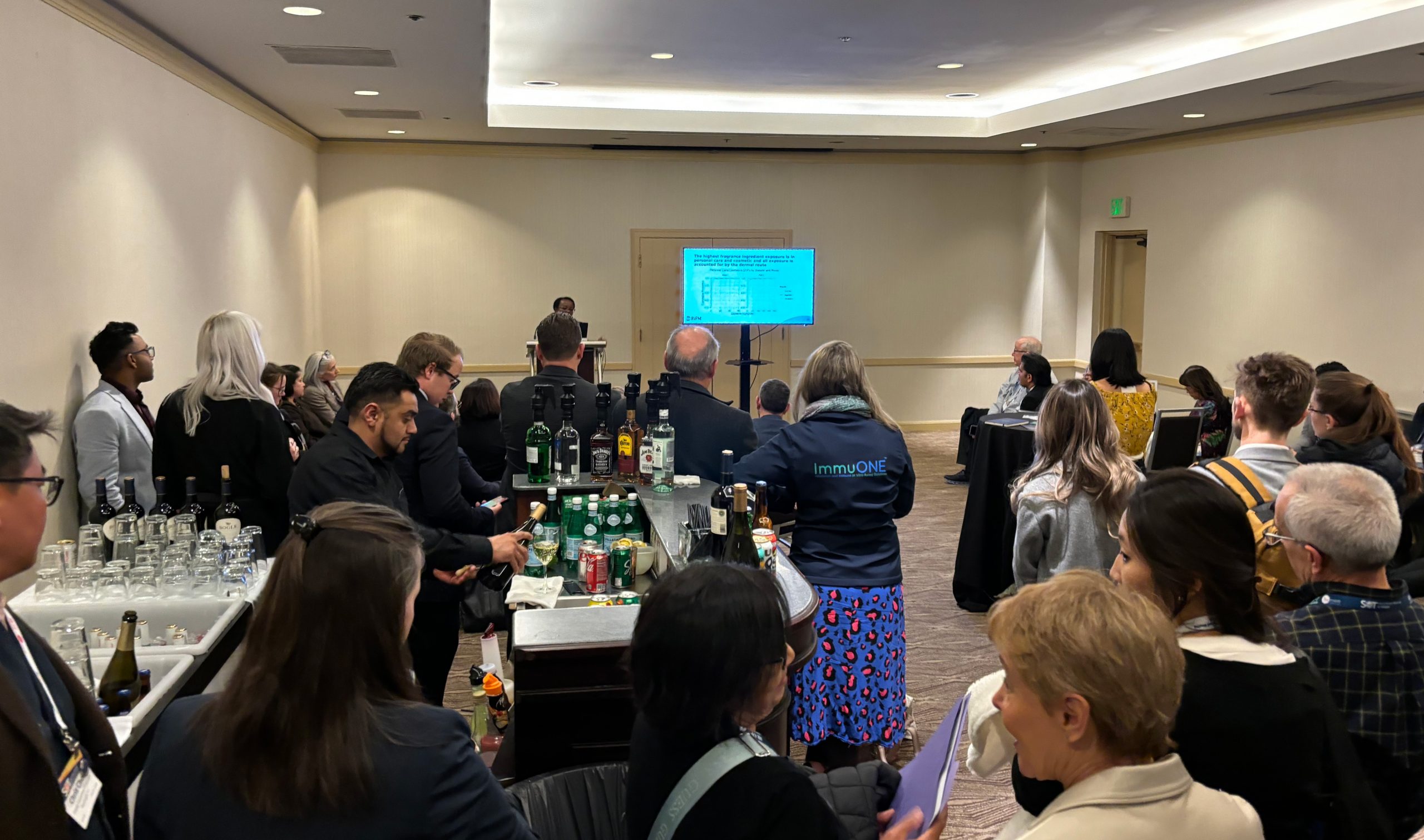Prof. Fanning has been helping develop applications around genome sequencing to minimise risks in global food production and improve food safety decision-making. Two practical outcomes have emerged: prevent contamination problems in the industrial environment and track infections when outbreaks occur. The genome data helps identify pathogens in the food chain, like listeria monocytogenes. “We think we have the early stages of a model to differentiate on strains that are more likely to cause human infections versus those that are less likely, based on careful analysis of the whole genome data,” he explained.
Watch the full talk below:



